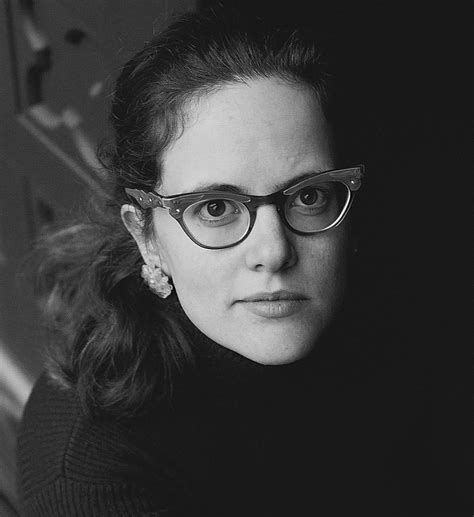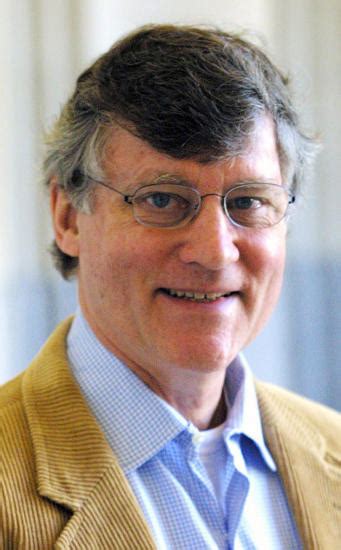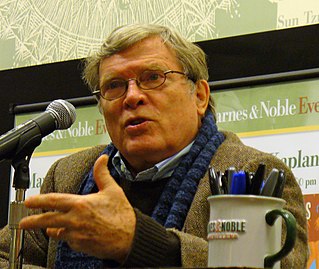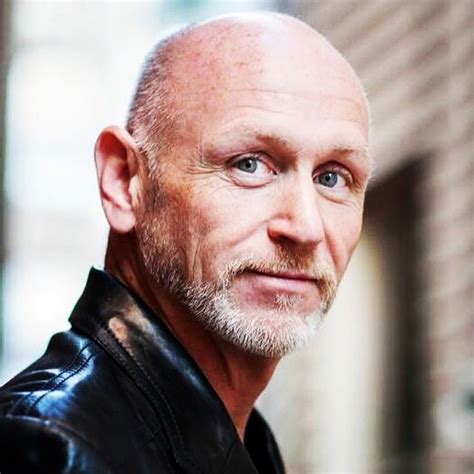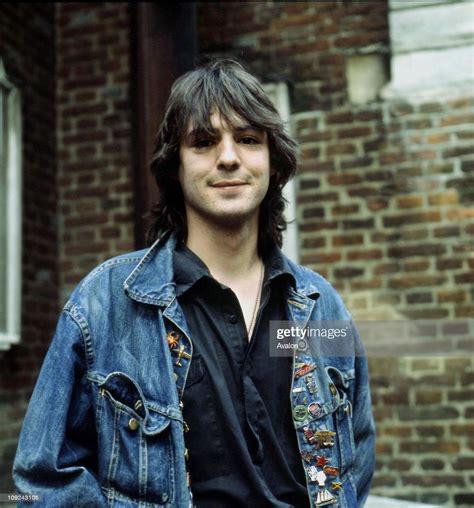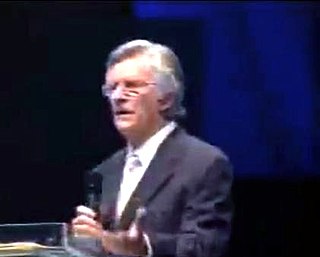A Quote by Lauren F. Winner
God is a novelist. He uses all sorts of literary devices: alliteration, assonance, rhyme, synecdoche, onomatopoeia. But of all of these, His favorite is foreshadowing.And that is what God was doing at the Cloisters and with Eudora Welty. He was foreshadowing. He was laying traps, leaving clues, clues I could have seen had I been perceptive enough.
Related Quotes
A Daring Life: A Biography of Eudora Welty is a beautifully written portrait of Eudora Welty and her amazing life. Carolyn J. Brown carries the reader through Welty's long, productive writing career and introduces her family and friends along the way. The book's very readable text, its lovely use of Welty quotes, and its excellent photographs make the work a treasure. This intimate look at Eudora Welty is a welcome addition for her readers.
I think we all look for clues that we are not utterly alone... Clues we find in literature and paintings and music and even someone’s eyes; clues that demonstrate that someone else has felt the same indescribable feelings, seen the same things or passed by the spot even if it was by candlelight three hundred years ago. It means everything, like finding footprints in the sand of a deserted island.
It's the way I feel about acting. That we are given clues by a writer about someone's essence or persona and it's our job to try to figure out which of those clues are true, which of clues we decide to follow and which of those clues we think are red herrings, or only in the way another character thinks of that character.
Do you know why Satan is so angry all the time? Because whenever he works a particularly clever bit of mischief God uses it to serve his own Rigteous purposes." "So God uses wicked people as his tools?" "God gives us the freedom to to do great evil, if we choose, then He uses his own freedom to create goodness out of that evil, for that is what He chooses." "So, in the long run, God always wins?" "Yes, in the short run though it can be uncomfortable.
